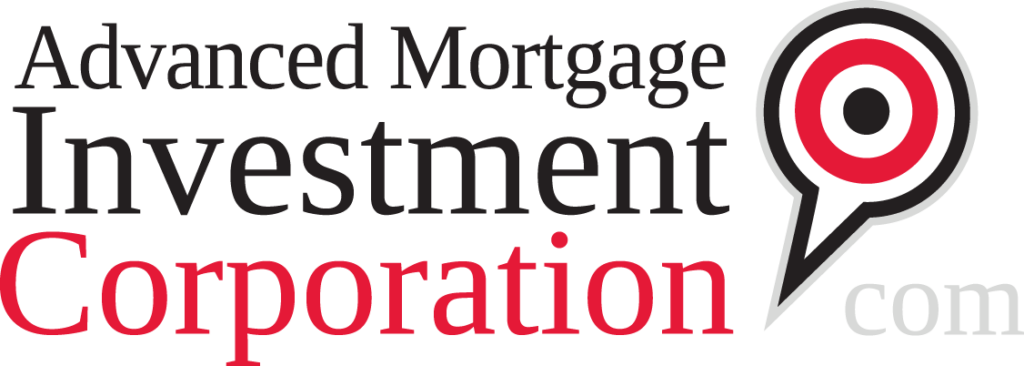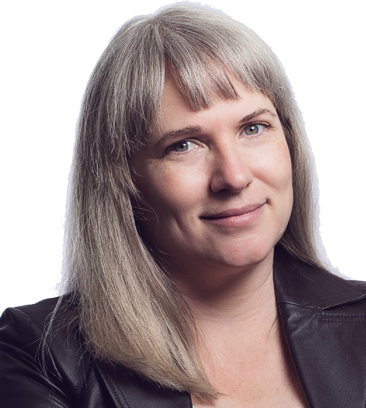A mortgage investment corporation, or MIC, is a corporation formed under the rules set out in the Income Tax Act, Section 130.1.
Simply put, a MIC is a company that pools shareholder capital, lends that capital out as mortgages, earns income via interest and fees, and pays 100% of its net income (after expenses like management fees or audit fees) back to the shareholders.
Every MIC will follow a unique business model but most will have the same basic structure. In the case of Advanced Mortgage Investment Corporation, the structure looks like this:

-
Dividends paid by the MIC are taxed as interest. Because of this tax treatment, many MIC investors prefer to hold their shares in a registered account like an RRSP, RESP, RRIF or TFSA. If you are considering investing in a MIC, you may wish to consult your accountant or tax professional to determine the optimal account type in which to hold your investment.
-
Every MIC has to meet certain tests to maintain its status as a flow-through investment as stipulated by Section 130.1.
In order to qualify as a MIC for a taxation year, a company will have to satisfy all of the following criteria throughout that taxation year:
-
The company must be a Canadian corporation as defined under the Tax Act.
-
Its only undertaking must have been the investing of its funds and not management or development of any real property.
-
None of the property of the company may have consisted of:
-
debts owing to the company that were secured on real property situated outside Canada;
-
debts owing to the company by non-resident persons, except any such debts that were secured on real property situated in Canada;
-
shares of the capital stock of companies not resident in Canada; or
-
real property situated outside of Canada, or any leasehold interests in such property.
-
-
The company must have had at least 20 shareholders, and no one shareholder together with a person “related” to the shareholder within the meaning of the Tax Act (a “Related Person”) owned, directly or indirectly, at any time, more than 25% of any class or series of the issued shares of the company.
-
Any holders of preferred shares had the right after payment to them of their dividends, and payment of dividends in a like amount per share to the holders of common shares of the Corporation (the “Common Shares”), to participate pari passu with holders of the Common Shares in any further payment of dividends.
-
The cost amount (as defined in the Tax Act) to the company of such of its property consisting of:
-
loans secured, whether by mortgages, hypothecs or in any other manner, on houses (as defined in the National Housing Act) or on property included within a housing project; and
-
amounts of any deposits standing to the corporation’s credit in the records of:
-
a bank or other corporation any of whose deposits are insured by the Canada Deposit Insurance Corporation or the Régie de l’assurance-dépôts du Québec, or
-
a credit union,
-
-
plus the amount of any cash on hand must at all times be at least 50% of the cost amount to it of all of its property.
-
-
The cost amount of all real property, including any leasehold interests in such property, will at no time exceed 25% of the cost amount of all of its property (excluding any real property acquired after default made on a mortgage, hypothec or agreement of sale of real property whether it be by way of foreclosure or otherwise).
-
Liabilities at any time in the year must not exceed three times the amount by which the cost amount to it of all of its property exceeds its liabilities, if at any time in the year the cost amount of the properties referred to above under item 6 (50% asset test) is less than two thirds of the cost amount of all of its property. However, where at any time in the year the cost amount of the properties referred to above under item 6 (50% asset test) is equal to two thirds or more of the cost amount of all of its property, the liabilities must not exceed five times the excess of the cost amount of all of its property over such liabilities.







